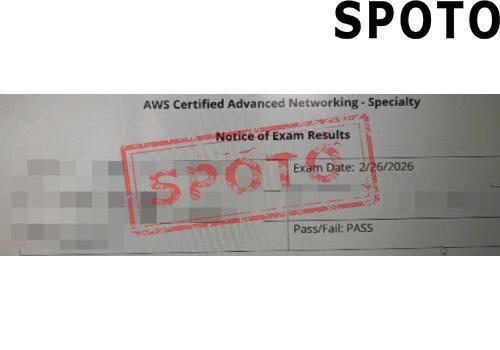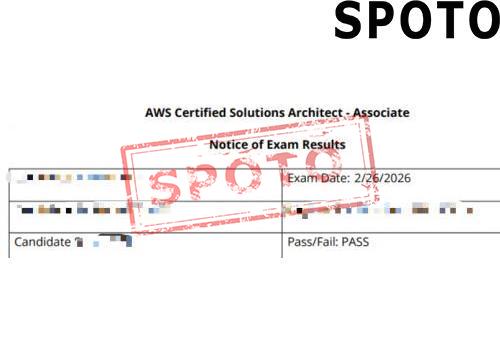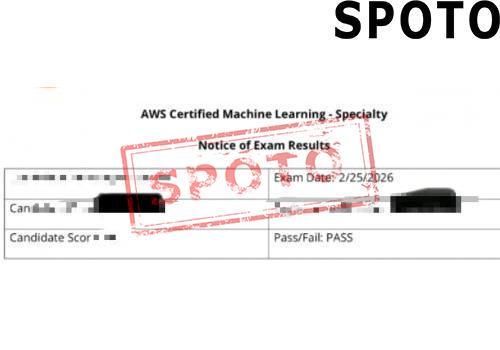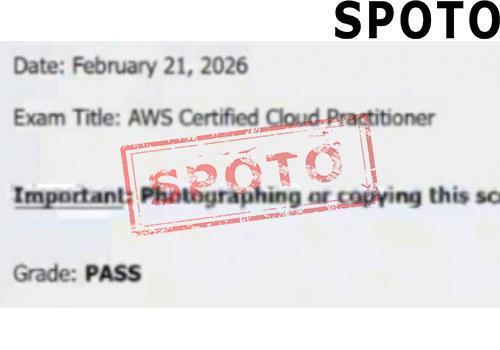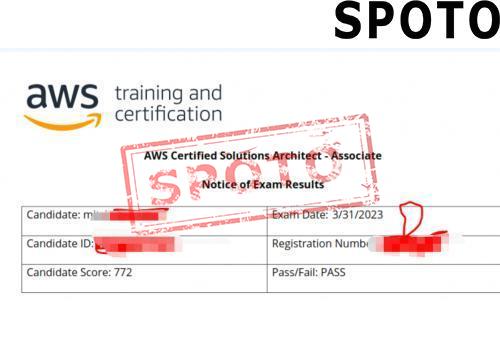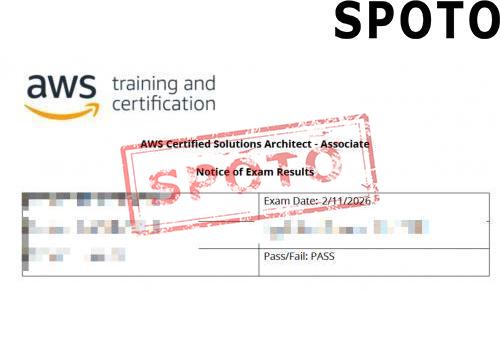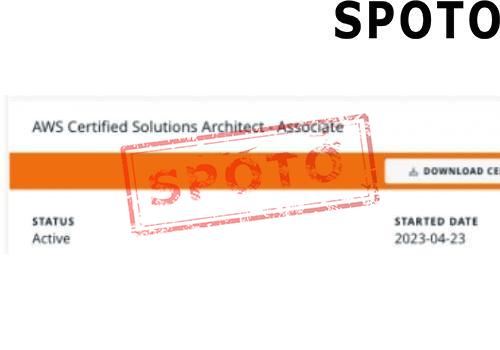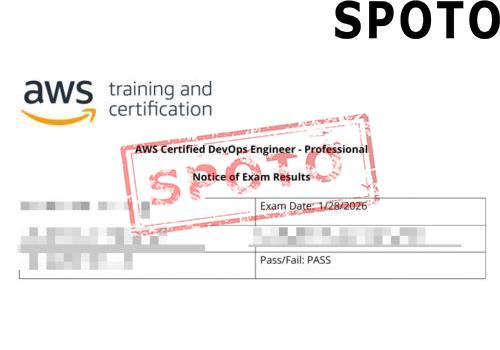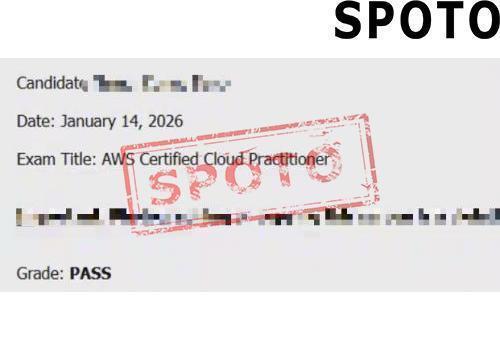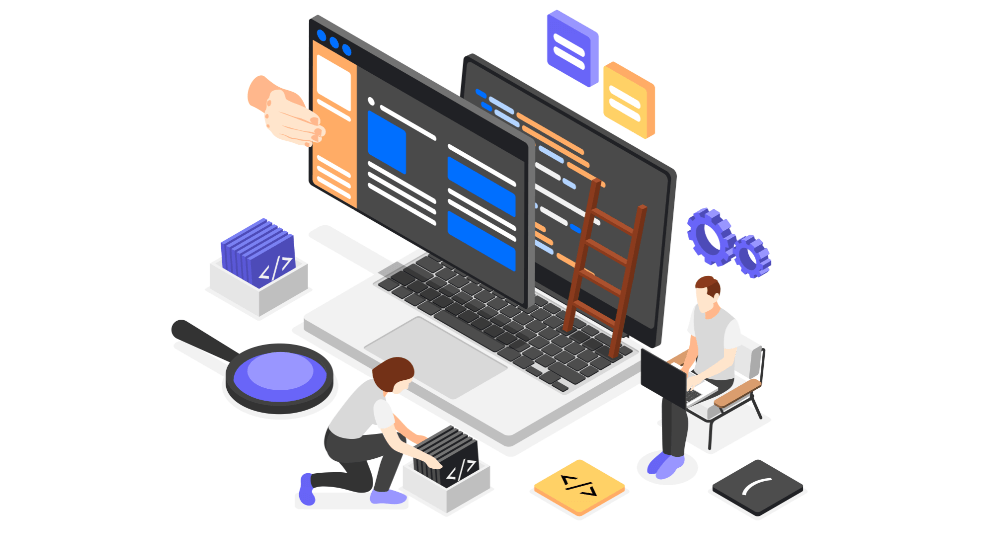
The cloud is no longer a futuristic technology—it's the backbone of today's digital infrastructure. Amazon Web Services (AWS) is the dominant player in the cloud market, powering everything from startups to Fortune 500 companies. If you're looking to break into the tech industry or take your career to the next level, earning an AWS Certification is a great way to start.
For beginners, AWS offers a clear and structured certification path that helps build foundational knowledge, preparing you for a wide range of cloud roles. Whether you're aiming to become a Solutions Architect, Cloud Developer, or SysOps Administrator, the path starts with the AWS Certified Cloud Practitioner and continues with more advanced certifications.
In this article, we'll break down everything you need to know about starting your AWS journey as a beginner, from choosing the right certification to preparing effectively.
1. Why AWS Certification?
Before diving into the specifics of AWS certifications, let's understand why this credential is so valuable:
- Industry Demand: AWS is the leading cloud provider globally, and many companies prefer candidates who are proficient in its services. The demand for AWS-certified professionals is skyrocketing, with cloud-related jobs growing across various industries.
- High Earning Potential: AWS-certified professionals often command higher salaries due to their specialized skills. According to the 2023 IT Skills and Salary Report, AWS certifications are among the highest-paying credentials in IT.
- Versatile Skillset: AWS certifications cover a wide range of cloud topics, from architecture and deployment to security and cost optimization. Whether you're interested in software development, networking, or data engineering, there's a certification that fits your career aspirations.
2. Getting Started with AWS Certification: The Foundation
If you're new to AWS, the best way to start is with the AWS Certified Cloud Practitioner exam. This foundational-level certification is designed for individuals with little to no cloud experience. It provides a solid introduction to AWS cloud concepts and basic AWS services, without diving into the technical depths of more advanced certifications.
- Exam Overview: The AWS Certified Cloud Practitioner exam assesses your understanding of cloud fundamentals, the AWS global infrastructure, basic AWS services (such as EC2, S3, and IAM), security, pricing, and support.
- Preparation Time: For beginners, it usually takes around 25-40 hours of study to prepare for the exam. This includes reading AWS whitepapers, watching video tutorials, and using practice exams to test your knowledge.
- Target Audience: This certification is ideal for entry-level IT professionals, business analysts, sales professionals, and anyone who wants to build foundational cloud knowledge.
3. What's Next After the Cloud Practitioner Certification?
Once you've earned the AWS Certified Cloud Practitioner certification, you have a strong foundation in cloud concepts. The next step depends on your career goals and the specific role you want to pursue. The two most popular paths are:
-
AWS Certified Solutions Architect – Associate
The AWS Certified Solutions Architect – Associate exam is the next logical step for those interested in designing and deploying scalable systems on AWS. It focuses on core AWS services, cloud architecture, security best practices, and cost optimization strategies. This certification is ideal for individuals looking to become cloud architects or solutions engineers.Preparation Time: Expect to spend 100-120 hours on study and hands-on practice. This includes learning services like VPC, EC2, RDS, CloudFormation, and Route 53.
-
AWS Certified Developer – Associate
If you have a background in software development and want to specialize in developing cloud applications, the AWS Certified Developer – Associate certification is a great choice. This certification tests your knowledge of deploying applications on AWS, working with AWS APIs, and leveraging AWS developer tools.Preparation Time: Similar to the Solutions Architect path, you'll need around 100-120 hours of study time to cover topics like AWS Lambda, DynamoDB, Elastic Beanstalk, and CloudWatch.
4. Hands-On Practice: The Key to Success
For beginners, hands-on practice is essential to truly understand AWS concepts. AWS provides a Free Tier, which allows you to explore and experiment with various services at no cost, within certain limits.
Here's how to get started with hands-on practice:
- Set up an EC2 instance: Launch a virtual server on AWS and explore how to configure, connect to, and manage it.
- Use S3 for Storage: Learn how to store, retrieve, and manage data in AWS S3 buckets.
- Create a VPC: Set up a Virtual Private Cloud (VPC) to understand networking and security in the cloud.
- Explore IAM: Experiment with creating IAM users and assigning roles and permissions to control access to AWS resources.
By actively engaging with the AWS environment, you'll gain a deeper understanding of the services and tools you'll need to succeed in your exams.
5. AWS Certification Study Resources
There are many study resources available to help you prepare for your certification exams:
- AWS Training and Certification: AWS offers a variety of free and paid training resources, including digital training, classroom training, and exam readiness webinars.
- A Cloud Guru: This platform offers structured courses tailored to AWS certifications, with hands-on labs and practice exams.
- Linux Academy: Now part of A Cloud Guru, it provides in-depth video courses and cloud labs for AWS certification preparation.
- AWS Whitepapers: Reading AWS whitepapers on security, architecture best practices, and pricing models is an excellent way to dive deeper into AWS's core principles.
- Practice Exams: Use practice exams from platforms like SPOTO to simulate the actual exam environment.
6. Tips for Success
To maximize your chances of passing the AWS certification exams, consider the following tips:
- Focus on Core Services: For the foundational and associate-level exams, ensure that you are familiar with key services such as EC2, S3, IAM, VPC, and CloudWatch.
- Understand AWS Pricing: Many exams include questions on AWS's pricing models, billing, and cost optimization, so make sure you're familiar with how AWS charges for its services.
- Time Management: During the exam, manage your time wisely. Don't spend too long on any one question; move on and come back if needed.
- Use the AWS Documentation: AWS documentation is a great resource during exam preparation, so don't hesitate to consult it if you're unsure about a topic.
7. Where Can an AWS Certification Take You?
Once you earn your AWS certification, a world of job opportunities opens up. Companies across the globe are seeking skilled cloud professionals to help them move to and manage their cloud infrastructure.
Here are some common roles for AWS-certified professionals:
- Cloud Architect: Design and implement scalable, secure, and cost-effective cloud architectures.
- Cloud Developer: Build and deploy cloud-based applications and services using AWS technologies.
- SysOps Administrator: Manage and monitor cloud infrastructure, ensuring it runs smoothly and securely.
- Cloud Security Engineer: Ensure the security of cloud applications and services through secure design, implementation, and management.
AWS certifications provide a pathway to high-paying and rewarding roles across industries like finance, healthcare, e-commerce, IT, and more.
Conclusion
Starting your cloud career with an AWS Certification is one of the smartest decisions you can make today. The certification journey begins with the AWS Certified Cloud Practitioner, a solid foundation for anyone new to the cloud. From there, you can progress to more advanced certifications depending on your career goals.
With the demand for cloud professionals on the rise, earning an AWS certification opens doors to exciting job opportunities and career advancement. By investing time in hands-on practice, leveraging study resources, and focusing on key AWS concepts, you'll be well on your way to becoming a cloud expert in no time!
